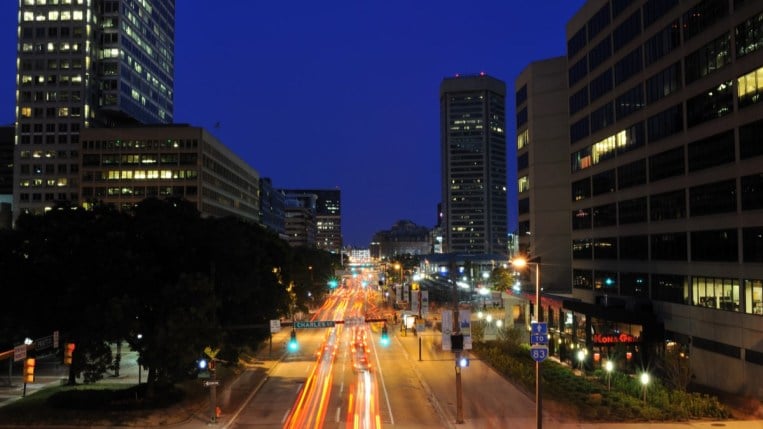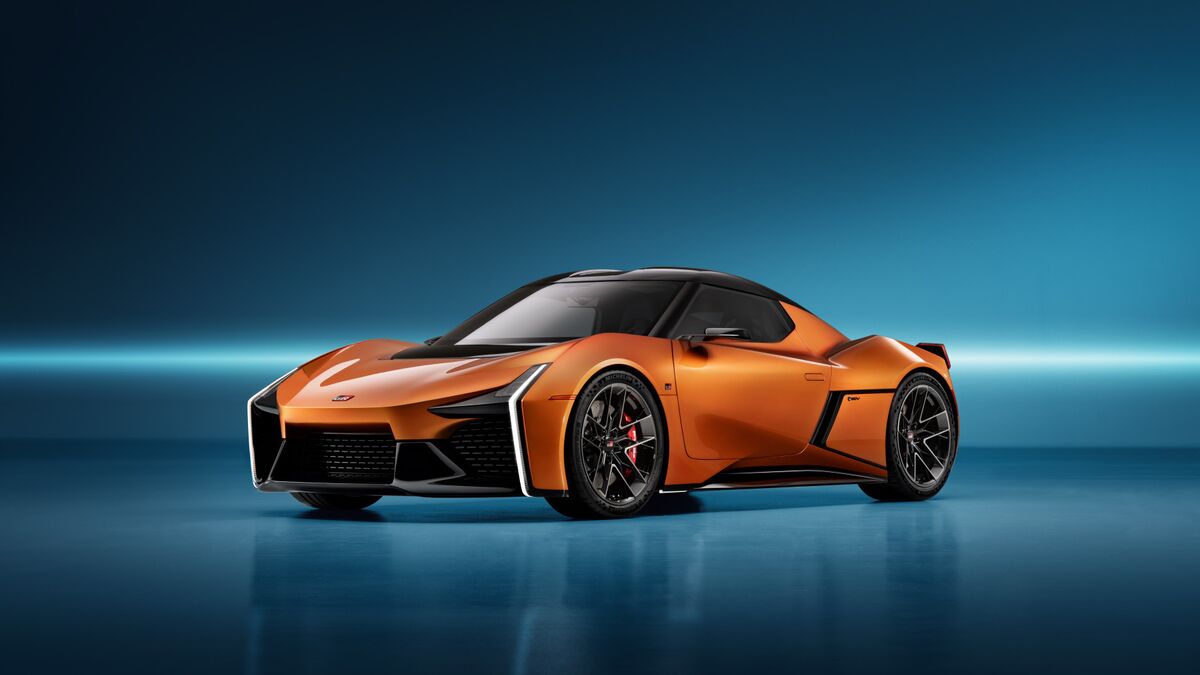
Maryland joins California, Massachusetts, New Jersey, New York, Oregon, and Washington in making the move.
In a statement, Moore said that, by 2040, the step could “potentially provide net in-state health benefits equal to about $39.9 million per year due to decreases in respiratory and cardiovascular illness and associated lost work days.”
Ban Doesn’t Pull Any Cars Off the Road
The bans prevent automakers from selling new gasoline-powered cars in the seven states. But they don’t require anyone to stop driving their current car or prevent them from selling it used.
Maryland residents will still be able to buy and sell used gas-powered cars or buy new gas-powered cars in other states and title them in Maryland.
Automakers May Get There Before 2035
The bans sound dramatic. They may not be. Much of the automotive industry is already phasing out gasoline-powered cars. Many of the companies that build cars already plan to be gas-free by 2035 or earlier.
Some, like Volvo and Mercedes-Benz, have announced plans to sell all-electric lineups by 2030.
Others have said they may not go 100% electric, but they’ll come close. General Motors, for instance, plans a mostly electric lineup by 2035. Porsche says it plans to keep its iconic 911 sports car gas-powered but may electrify the rest of its fleet as it tries to reach carbon neutrality by 2030.
The moves, however, may test America’s infrastructure. America’s electric grids likely need significant upgrades to handle most Americans driving electric cars — a complex process involving dozens of companies and coordination between state and federal governments.







